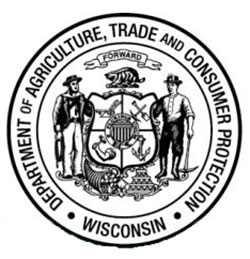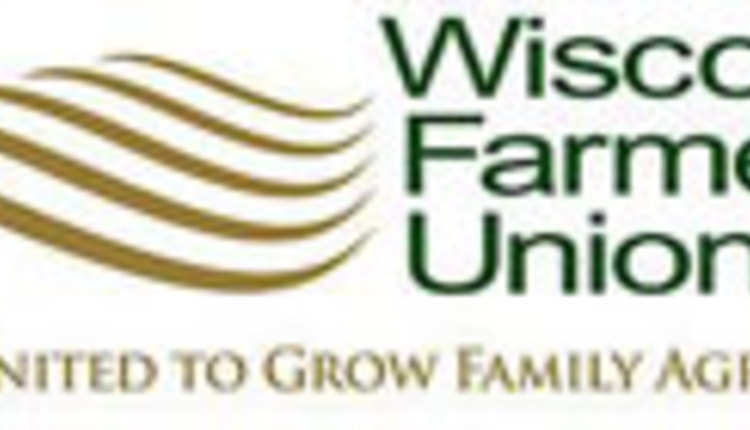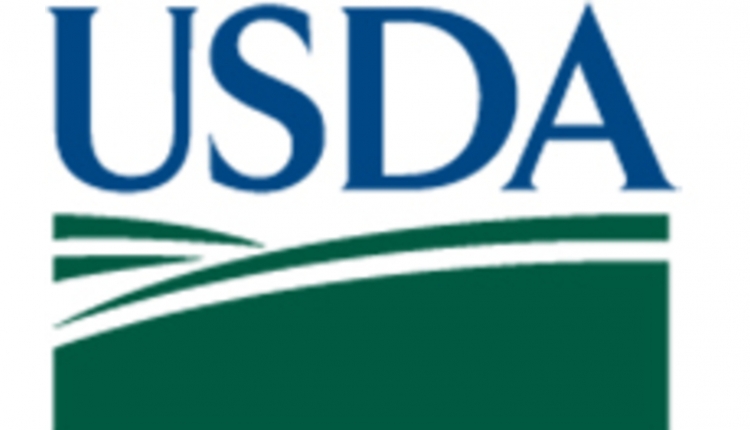
With snowmelt, soils saturated, and rain in the forecast, the Wisconsin Department of Agriculture, Trade and Consumer Protection (DATCP) is reminding farmers to check for the risk of runoff from their field before spreading manure on it. A free online tool called the Runoff Risk Advisory Forecast identifies if there is a high or low chance for runoff in your area. Spreading manure on fields when there is a high risk of runoff can result in the manure traveling into streams and threaten water quality.
“A good nutrient management plan helps you determine where you can spread and the application rate. The runoff risk tool is to help you determine when it’s safe to spread,” said Ryan Erisman, DATCP’s nutrient management planning specialist.
The Runoff Risk Advisory Forecast is available at http://www.manureadvisorysystem.wi.gov/ runoffrisk/index. The forecast provides maps showing short-term runoff risk for daily field application planning, taking into account soil saturation and temperature, weather forecast, snow and crop cover, and slope. The National Weather Service updates the forecast three times a day.
Alternatives to Spreading Manure
Farmers should contact their crop consultants, county land conservation offices, or the Department of Natural Resources (DNR) for help identifying alternatives to high-risk spreading. Alternatives can include stacking manure away from: lakes; rivers; drinking water wells; areas with sinkholes; or exposed bedrock. If farmers must spread manure, crop consultants and county conservationists can help identify fields where the risk is lower. A directory of county conservation offices is available on the Wisconsin Land and Water website at http://wisconsinlandwater.org.
Reporting Manure Spills
A reminder that all agriculture and livestock operations must report spills or runoff affecting water to the 24-hour emergency spills hotline at (800) 943-0003. More information about preventing and planning for manure spills is available on the DNR’s website at http://dnr.wi.gov/topic/agbusiness/manurespills.html.


